In a report published on July 16, the German central bank (Bundesbank) said that since the beginning of 2024, efforts to fight inflation have achieved only marginal success. In particular, rising service prices remain a persistent chronic problem.
 |
| Fighting high inflation is a challenge for the German economy . (Source: Euractiv) |
Inflation is falling only slowly. In the eurozone, inflation was 2.5% in June, compared with more than 5% a year ago, and more than 10% two years ago.
However, inflation is unlikely to return to the European Central Bank's (ECB) 2% target before autumn 2025, if not later.
Dutch Central Bank President Klaas Knot said in a recent interview with the German press that this phenomenon is likened by experts to the hardship of the final race.
Bundesbank, the Bank for International Settlements (BIS) and commercial banks agree on a number of reasons for this situation:
First, the economy has coped surprisingly well with rising interest rates. Even Germany—the worst performing of the major European economies—has not experienced a recession.
Second , in the service sector, inflation is falling “more slowly than usual” because there is a significant increase in demand. In addition, rising wages are also having a strong impact on the costs of service providers.
Third, productivity does not increase. For companies, this means they cannot deliver higher quality or performance despite rising wages.
Fourth, disruptions in global supply chains have eased over the past year and many raw material prices have fallen. But supply support policies have expired and will no longer contribute significantly to further deflation. Inflation may even tend to rise again due to geopolitical risks.
Fifth, there are new disturbances in the oceans.
According to Vincent Stamer, a world trade expert at Commerzbank, one in 12 containers is currently stuck at sea. As a result, freight rates have more than doubled since the spring, with the price of goods shipped from China to Europe rising particularly sharply.
Sixth, rising rents could also make it harder for inflation to fall further. Housing costs could rise in the short term “if landlords pass on higher financing costs to tenants, property developers reduce new supply, or more households decide to rent rather than buy.”
"The ECB needs to carefully consider further rate cuts in the current context," said Dutch central bank president Knot.
Source: https://baoquocte.vn/thich-ung-tot-bat-ngo-voi-lai-suat-tang-nhung-duc-khong-vui-nen-kinh-te-con-mot-van-de-kinh-nien-dai-dang-278974.html



![[Photo] Prime Minister Pham Minh Chinh attends the patriotic emulation congress of the banking sector](/_next/image?url=https%3A%2F%2Fvphoto.vietnam.vn%2Fthumb%2F1200x675%2Fvietnam%2Fresource%2FIMAGE%2F2025%2F11%2F24%2F1763981997729_tt-nhnn-jpg.webp&w=3840&q=75)



![[Photo] National Assembly Chairman Tran Thanh Man receives a business delegation from the Europe-ASEAN Business Council](/_next/image?url=https%3A%2F%2Fvphoto.vietnam.vn%2Fthumb%2F1200x675%2Fvietnam%2Fresource%2FIMAGE%2F2025%2F11%2F24%2F1763989198212_ndo_br_bnd-7394-jpg.webp&w=3840&q=75)




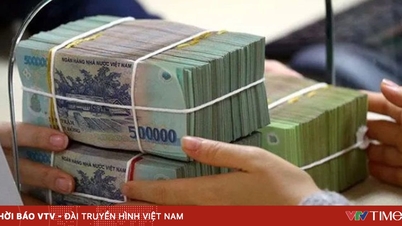


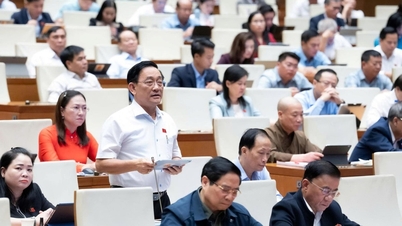
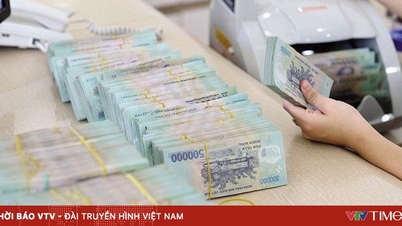


















![[Photo] Next to the "mountain of trash" after the flood, Tuy Hoa residents strive to rebuild their lives](/_next/image?url=https%3A%2F%2Fvphoto.vietnam.vn%2Fthumb%2F1200x675%2Fvietnam%2Fresource%2FIMAGE%2F2025%2F11%2F24%2F1763951389752_image-1-jpg.webp&w=3840&q=75)






































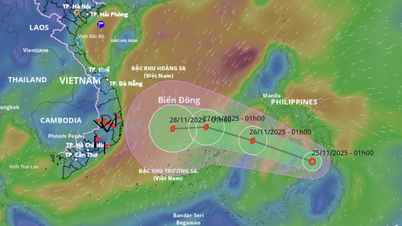



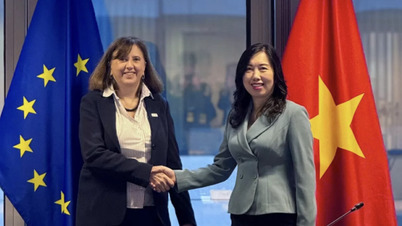


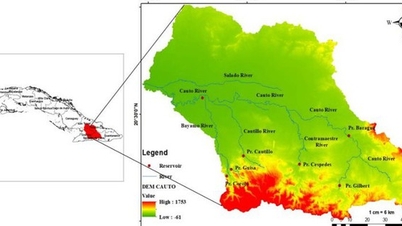






























Comment (0)